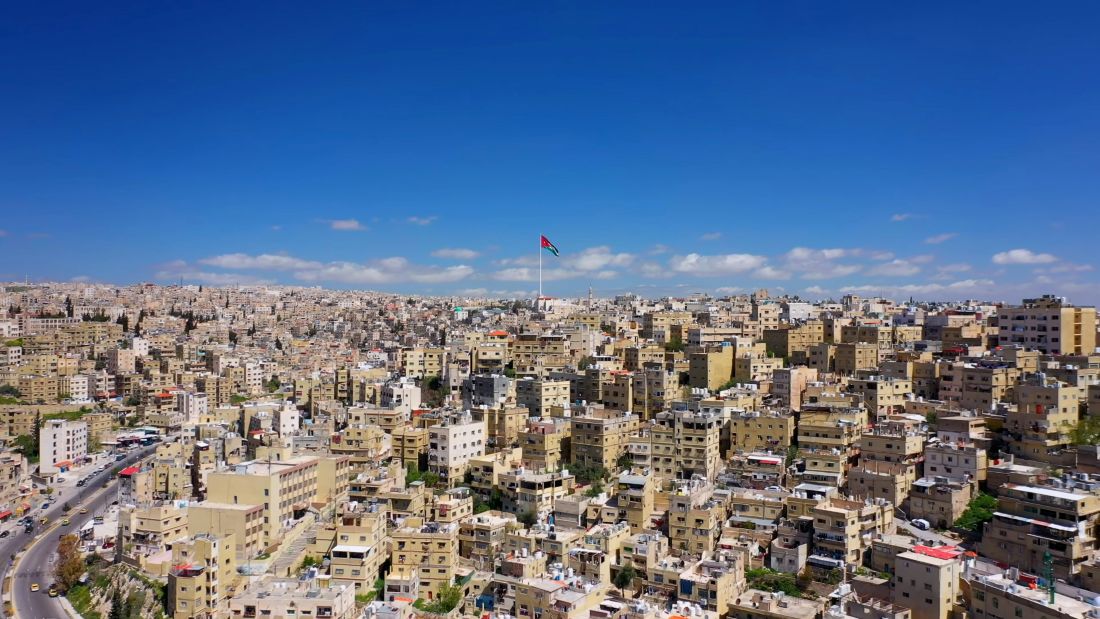Jordan is a warm and welcoming destination with rich history and deep-rooted traditions. For Indian tourists, understanding a few local customs can go a long way in making your journey smooth and respectful. Here’s a quick guide on the essential do’s and don’ts when visiting Jordan.
1. Dress modestly, especially in rural or religious areas
Do: Wear loose-fitting clothes that cover your shoulders and knees.
Don’t: Wear revealing clothing, especially when visiting mosques or conservative towns.
2. Greet people respectfully
Do: Use “As-salamu alaykum” (peace be upon you) for a warm local greeting.
Don’t: Rush into hugs or handshakes with the opposite gender unless they initiate.
3. Respect prayer times and religious practices
Do: Be mindful during the call to prayer and Ramadan fasting periods.
Don’t: Eat, drink, or smoke in public during daylight hours in Ramadan.
4. Use your right hand
Do: Use your right hand for eating, greeting, or giving and receiving things.
Don’t: Offer anything with your left hand — it’s considered impolite.
5. Ask before photographing people
Do: Request permission before taking pictures of locals, especially women.
Don’t: Assume it's okay to click photos in conservative settings.
6. Be polite with bargaining
Do: Bargain gently in souks and shops — it’s expected and part of the culture.
Don’t: Argue aggressively or demand unrealistic prices.
7. Tip when appropriate
Do: Leave a tip (5–10%) in restaurants, hotels, and to guides or drivers.
Don’t: Skip tipping altogether — it’s an appreciated part of service culture.
8. Respect historic and archaeological sites
Do: Follow signage, stay on paths, and listen to guides.
Don’t: Touch or climb on ruins, especially at Petra or Jerash.
9. Accept hospitality with gratitude
Do: Accept tea or food offered by locals — it’s a sign of respect.
Don’t: Refuse offers abruptly, as it may be seen as disrespectful.
10. Stay cautious in border areas
Do: Stick to known tourist routes and follow local advice in border zones.
Don’t: Wander into military or restricted areas.

